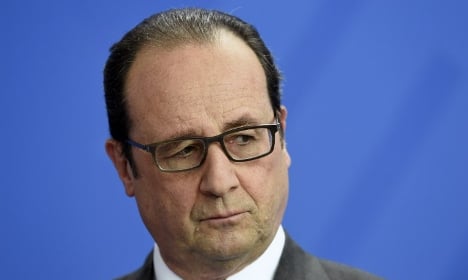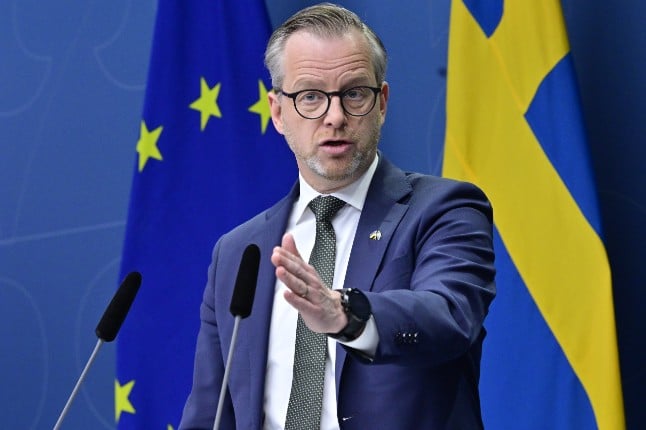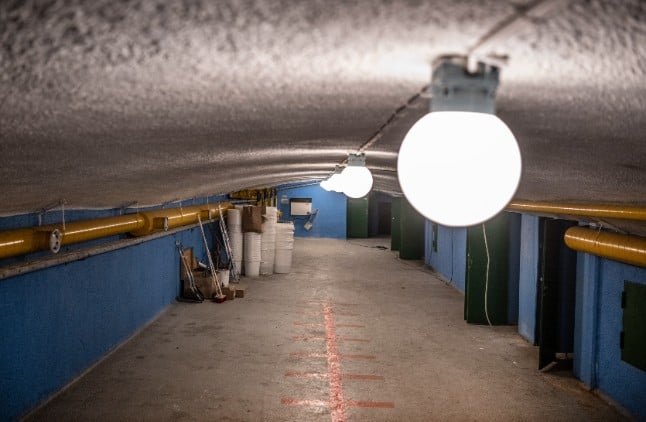Hollande said the Socialist government's aim to cut the deficit to 2.7 percent of GDP for 2017, the lowest in a decade and under the European Union's limit of 3.0 percent, was “credible and serious”.
France has repeatedly broken the EU's fiscal rules and a top independent watchdog has said it doubts Paris will reach its target next year either.
But Hollande insisted his government had made consistent progress towards hitting its deficit goal.
“A forecast can always be discussed, but until now, and for the last four budgets, we have kept to the commitments we have made,” Hollande told a cabinet meeting hours before the draft budget was unveiled, according to the government's spokesman.
“So we will continue to defend both the perspectives for growth and the target we have set, which is credible and serious,” Hollande added.
An independent watchdog, the High Council of Public Finances (HCFP), said this week it doubted that France could hit the 2.7 percent deficit target, which would be France's lowest in a decade.
Finance Minister Michel Sapin however joined Hollande in dismissing that suggestion, saying: “We will keep this commitment.”
Hollande has yet to decide whether to seek re-election, but if he does, his economic record will be key.
The draft budget also maintained an ambitious growth forecast of 1.5 percent for 2017.
Growth of that size is instrumental for the government's tax and spending plans as well as to meet the public deficit commitment.
'Irresponsible' right-wing pledges
But the OECD and the IMF have both downgraded their growth forecasts for France to 1.3 percent and 1.2 percent, respectively.
Sapin offered modest tax cuts targeting the middle class and small and medium-sized companies, but blasted as “irresponsible” right-wing candidates for the presidency who have promised bigger tax giveaways.
“The candidates for the presidential election, or the (right-wing) primary before that, who promise immediate tax cuts and say the control of public expenditure can be postponed until tomorrow, are irresponsible,” Sapin said.
France will spend 381.7 billion euros ($428.8 billion) next year, a rise of 7.4 billion on this year.
The government said it will make savings in the social security budget and will claw back more money than expected from tax dodgers.
Hollande, who is deeply unpopular in opinion polls, has said he will decide by the end of the year whether to stand for re-election.
He has made reducing unemployment one of the key conditions for seeking a second term, but his hopes suffered a blow when figures released this week showed a sharp rise in joblessness in August.
The number of unemployed in mainland France grew by over 50,000, or 1.4 percent, to 3.56 million, according to the labour ministry.
Former president Nicolas Sarkozy and a former prime minister, Alain Juppe, are the favourites in November's two-round primary which will decide the centre-right candidate for the presidency.




 Please whitelist us to continue reading.
Please whitelist us to continue reading.
Member comments